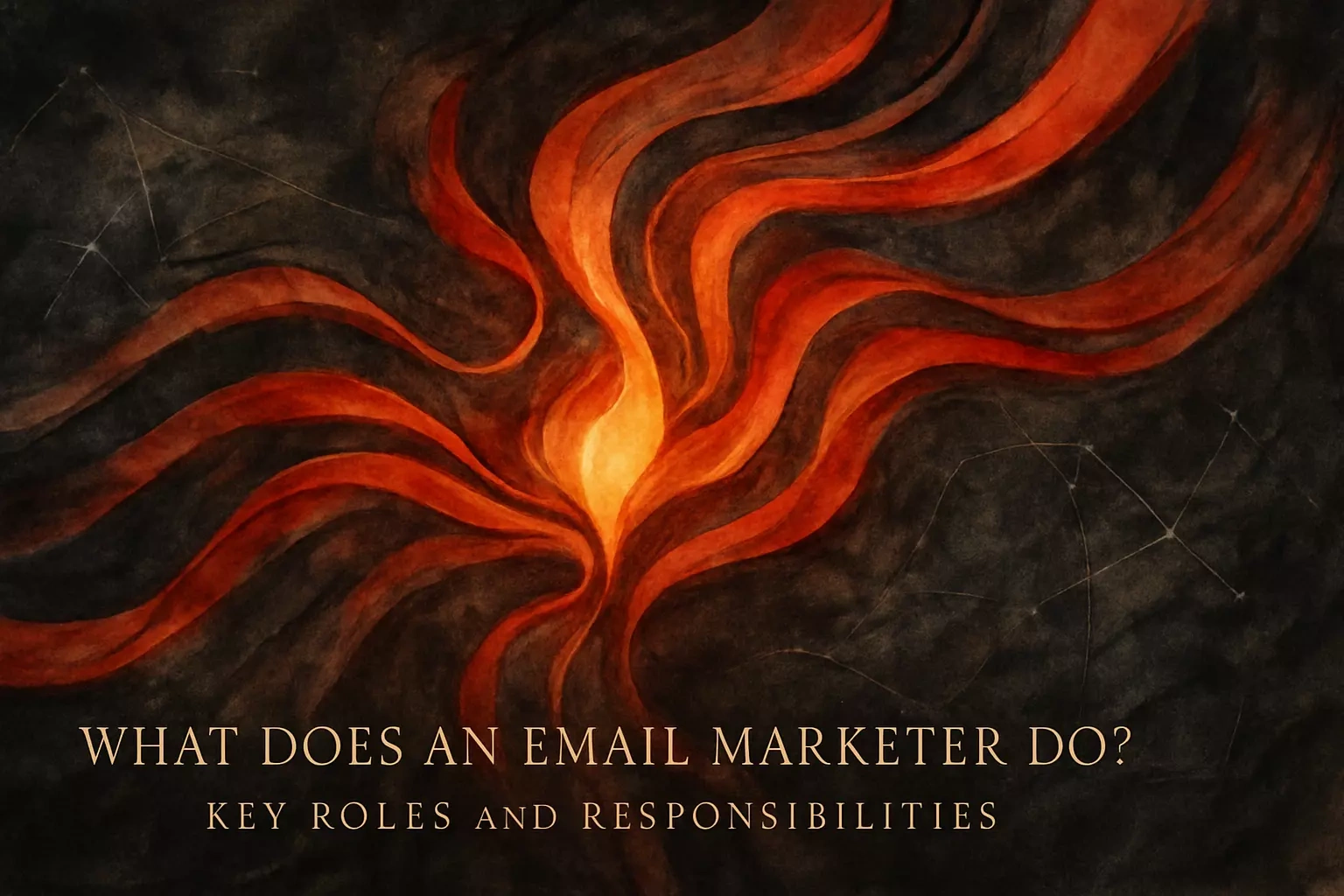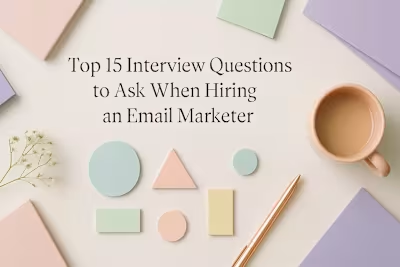What Does an Email Marketer Do? Key Roles and Responsibilities

What Does an Email Marketer Do? Key Roles and Responsibilities
Core Responsibilities of an Email Marketer
Developing Email Marketing Strategy
Campaign Creation and Execution
List Management and Segmentation
Performance Analysis and Reporting
The Different Levels of Email Marketing Roles
Email Marketing Specialist/Coordinator
Email Marketing Manager
Head of Email Marketing/Director
Why is this Role Crucial for Business Growth?
Driving Customer Engagement and Loyalty
Nurturing Leads and Increasing Conversions
Ensuring Compliance and Deliverability
Conclusion
References
What Does an Email Marketer Do? Key Roles and Responsibilities
Core Responsibilities of an Email Marketer
Developing Email Marketing Strategy
Campaign Creation and Execution
List Management and Segmentation
Performance Analysis and Reporting
The Different Levels of Email Marketing Roles
Email Marketing Specialist/Coordinator
Email Marketing Manager
Head of Email Marketing/Director
Why is this Role Crucial for Business Growth?
Driving Customer Engagement and Loyalty
Nurturing Leads and Increasing Conversions
Ensuring Compliance and Deliverability
Conclusion
References
Posted Jun 14, 2025
Discover the core roles and responsibilities of an email marketer. Learn what they do day-to-day, from strategy and creation to analytics and optimization, to drive business growth.










